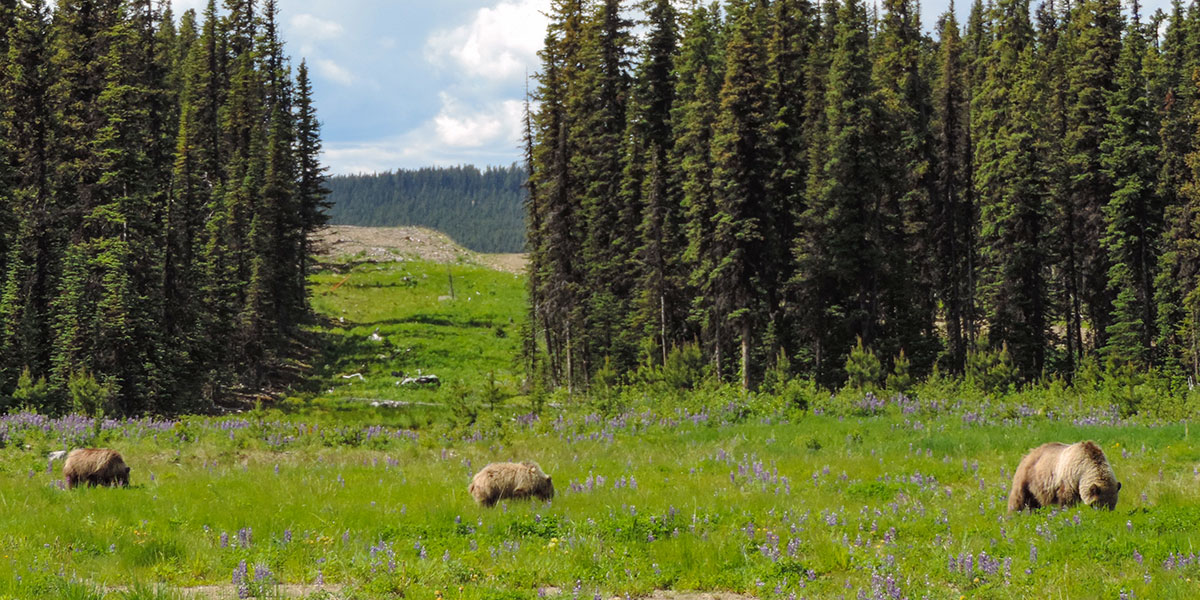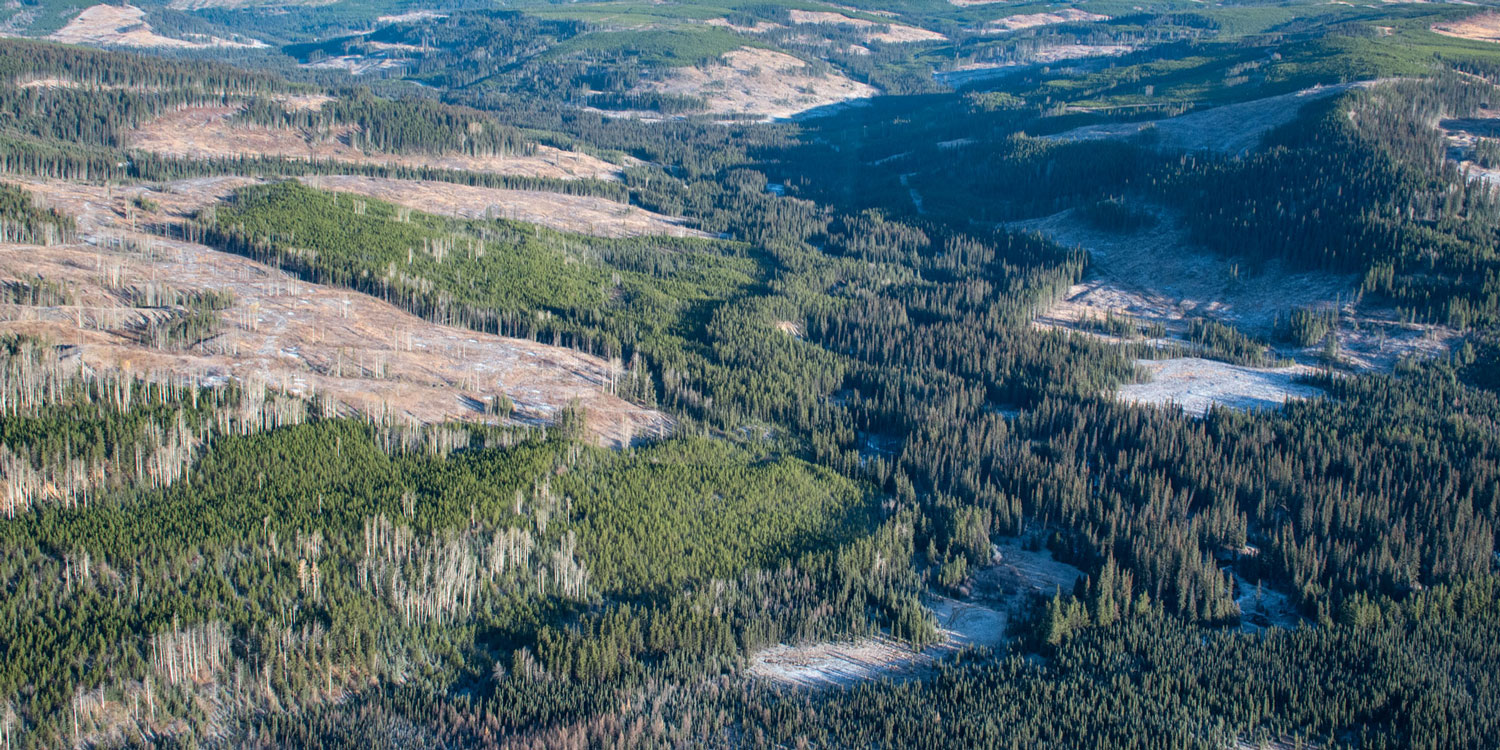Don’t wait to secure your spot! Registration for From Concept to Reality: Creating a Roadmap for Ecosystem-Based Management in Alberta (and Beyond) closes on May 31st. Register here.
Ecosystem-Based Management has a long and varied history in forest management. At the time the concept originated, there was a push-and-pull between policies encouraging increased timber harvest and research shedding light on the complexity and potential sensitivity of forest ecosystems. It was the late 1980s, and Dr. Ed Grumbine (then a graduate student) was in the thick of it.
The story is a familiar one: there was a growing body of research helping the research community better understand the role of natural disturbance, wildlife population viability, habitat fragmentation, and more. And yet, there was a strong disconnect between these learnings and the policy direction of the time, which was to build more roads to access and intensively harvest old forests of the northwestern United States.
To Ed, the disconnect between ecological findings and management felt like a wasted opportunity. In his seminal paper, “What is Ecosystem Management?”, he set out to define, develop, and discuss the on-the-ground implications of the concept. Through the 1990s, he continued to push for improved communication with managers and government agencies, with the objective of bringing new learnings to bear on old ways of doing business in management.
Applying scientific learnings on the ground remains a challenge today, yet Ed remains committed to taking new learnings and making them useful. He sees Ecosystem-Based Management as a concept that provides a suite of tools that people can use to be more connected with the ecosystem—and do a better job of managing it.
And that’s exactly why we are so excited to have Dr. Ed Grumbine at the upcoming workshop. He will be sharing his experiences with Ecosystem-Based Management, which range from western North America to China and the Himalayas. We will also be linking lessons learned with the realities faced by managers operating in Canada. His aim is to help parties from all backgrounds use the science behind EBM to change the way we manage forests, and to do so in an equitable, transparent way.
Ed Grumbine is the North Rim Ranches Program Director of the Grand Canyon Trust, where he manages approximately one million acres of federal lands for livestock grazing. He has decades of experience teaching various aspects of environmental management and conservation science, has published four books, and authored or co-authored dozens of peer-reviewed papers.







